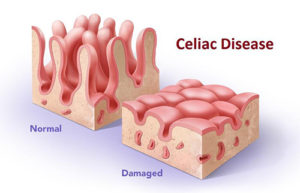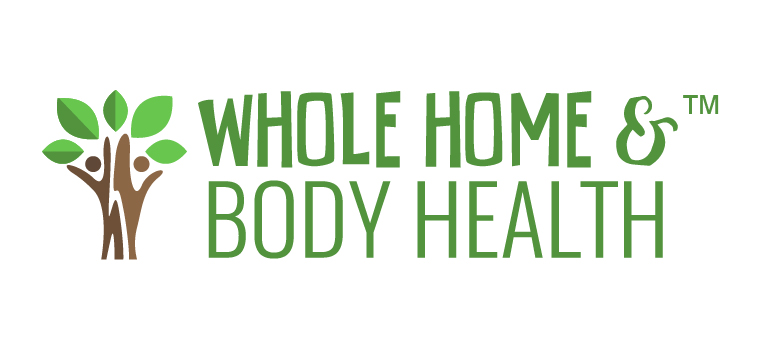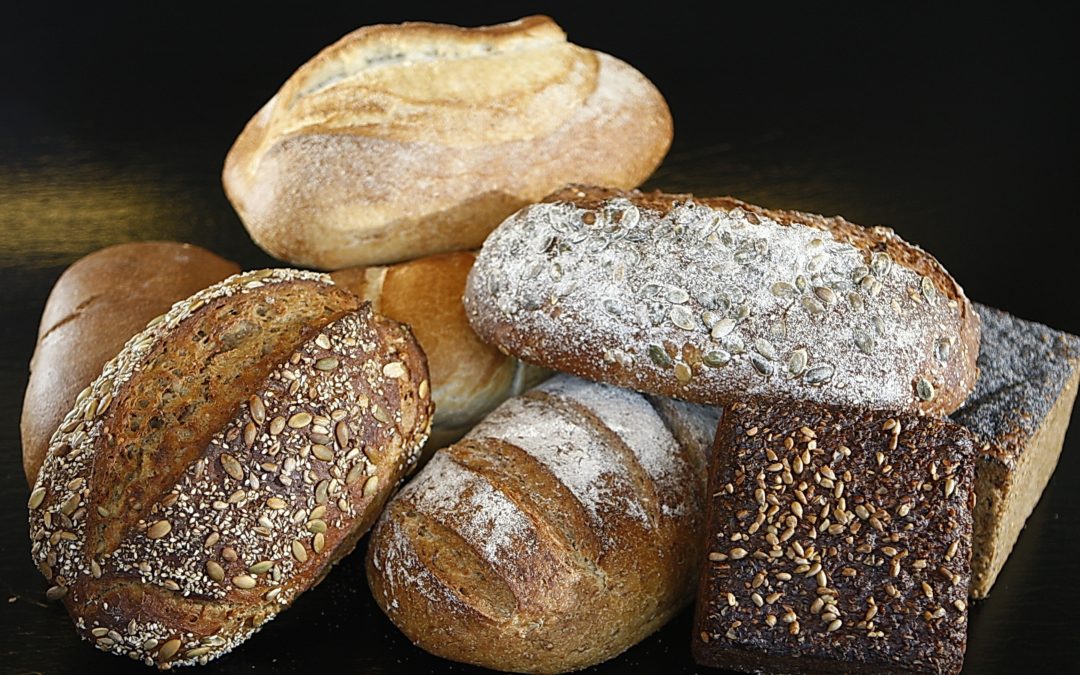Do I really have to avoid gluten?
Talk about a controversial topic! I’m not sure what it is about this subject that brings out so much passion. Generally, I see people in one of two camps:
1. Gluten is the devil! People in this camp think any amount of gluten exposure will absolutely destroy your gut and send you spiraling into an inflammatory cascade. Everyone should avoid gluten at all costs!
2. This whole gluten-free thing is total nonsense! These folks believe the topic of eating gluten is just one more pseudo-science, fear-mongering campaign exacerbated by snake-oil salesmen.

Villi, celiac, gluten, leaky gut, intestinal permeability,
photo source
Like with most things, the truth usually lies somewhere in the middle. As a Nutritionist, I would agree with this. There is no question that gluten can cause significant issues for some people. Celiacs for example need to avoid gluten at all costs. Celiac disease is a serious autoimmune condition that affects approximately 1 in 133 people in the US. source When a Celiac consumes gluten, the immune system responds by attaching the small intestine. This leads to significant health problems.
Your small intestine is lined with villi (finger-like projections that increase the surface area). The villi are responsible for nutrient absorption. When they are damaged and flattened, the surface area is reduced which leads to poor nutrient absorption. As you can imagine, this can lead to a plethora of illnesses. There are billions upon billions of biochemical processes that the body carries out at any given time. These processes rely on vitamins, minerals, proteins and enzymes- all things we get from food. If we don’t absorb these nutrients, the body can’t do what it needs to do. Nutrient deficiency can manifest in numerous ways. Common symptoms of celiac include:
• Fatigue
• Gas
• Bloating
• Depression
• Anxiety
• Poor cognition
• Diarrhea
• Joint Pain
• Irritability
• Insomnia
• Etc….
The longer the nutrient deficiencies go on, the more health problems you can have and the more severe they become. So, it’s obvious that someone with this autoimmune condition needs to avoid gluten at all costs.
“But what about those who do not have celiac? It seems like everyone is avoiding gluten these days, isn’t it just a fad?”
I can’t tell you how many people I’ve worked with over the years whose many health symptoms (GI and other) have improved when they’ve gone gluten free. I realize there may be many reasons for this beyond just eliminating gluten. For example:
• If you’re not eating gluten you’re not eating things like a Big Mac.
• You’ll naturally be cutting down on processed carbs since wheat is a ubiquitous ingredient. (as long as you don’t go crazy with ‘gluten-free’ substitutes. Hint: just because it says gluten-free does not mean it’s good for you!)
• You might be more aware of what you are eating, and you’re making better choices.
These are all possible factors. But there is a recognized clinical condition called ‘Non-Celiac Gluten Sensitivity’ (NCGS) that deserves consideration.
In NCGS, people experience many of the classic symptoms of Celiac, but they don’t test positive for it. They do however; suffer from many health issues when they consume gluten. So what’s going on here?
There are many issues to consider when someone does not tolerate a certain food. And there is also a ‘spectrum’ of intolerance that would behoove us to be mindful of. For example, one person might be deathly allergic to peanuts; while another person might be very sensitive to molds and can have a reaction to the aflatoxins abundant in peanuts. Yet a third person might eat some peanuts and get indigestion because they don’t digest legumes well, and a fourth person eats them and experiences nothing. In these four examples, we’re dealing with many different things: a protein allergy, a mold sensitivity and compromised digestion. All different reactions to the same food for different reasons.
And so goes the situation with gluten. Even if we’re not allergic, or celiac, doesn’t mean we can’t experience health issues from consuming it. Gluten is a difficult to digest protein, and it can cause problems for anyone that experiences poor digestion. Go here if you want a more in-depth look at how gluten reacts in the GI tract. It could be because our microbiome is compromised and we don’t have enough healthy bacteria to promote strong digestion. It could be because we have intestinal inflammation from other issues (a lifetime of processed foods, antibiotics, alcohol, stress etc.). It could be a reaction to FODMAPS, naturally occurring saccharides found in wheat, and not actually the gluten itself. Or it could be because we have NCGS, but it hasn’t been diagnosed. It could be because the quality of the wheat being consumed is questionable. And yes, it could even be a nocebo effect.
Whatever the reason, if someone feels better when they avoid gluten, regardless of what the science says (or what your friends say), why wouldn’t you avoid it? No one questions you if you avoid onions because they give you heartburn, why do we question someone that wants to avoid gluten? There is no nutritional reason to eat wheat (or barley or rye). Wheat doesn’t have any magical nutrient that you can’t get elsewhere, there is no reason why we should eat it. I often see clients begin to eat healthier when they do avoid gluten, because by nature, they are avoiding so many processed foods they used to eat; they’re more mindful of what they are eating; and they often replace the gluten containing foods with healthier options like vegetables. That’s a win-win in my book.
“But what if I don’t have issues when I eat wheat? What if I feel totally fine and have no health problems, do I still need to avoid it?”
My answer to that is “probably not”. If you are lucky enough to experience vibrant health and have no concerns regarding how you feel, then it’s probably not necessary to avoid gluten per-se. I recommend everyone focus on nutrient dense foods that are organic, pasture-based and local. If you’re getting a variety of foods in your diet, a plethora of vitamins, minerals, and phytonutrients, then a spattering of gluten here and there is probably not going to cause a problem. If you have a healthy, robust and resilient GI tract, you can likely still enjoy your 7-grain sprouted bread without an issue (in moderation of course).
If however, your health declines in the future for some reason, and your digestion becomes compromised, it might not be a bad idea to remove it for a while. When any illness occurs in the body, we want to give it the best chance possible for recovery. Since gluten is such a difficult to digest protein, avoiding it can lessen the digestive burden on the body. Instead of the processed and refined carbohydrates that gluten composes, we should be focusing on nutrient density instead.
And really, that goes for all things in the nutrition world. You don’t have to avoid all the foods you love indefinitely, but you shouldn’t be consuming pizza every day either. I like to follow the 80-20 rule. Eat nutrient dense, fresh, organic, whole foods 80% of the time. If you’re healthy and not dealing with significant issues, you can eat what you want 20% of time without much issue.
Of course, if you’re having symptoms of any kind and you can’t quite figure out why, give us a call. We’re here to help!


Cathy Cooke, BCHN, BBEC Holistic Nutritionist and Building Biologist is the founder of Whole Home and Body Health which provides EMF Assessments, Mold Testing, and Nutrition and Health Consulting located in Boise, Idaho. Cathy is available for consulting via skype and phone, and is also willing to travel as needed for home assessments. Schedule an appointment today!

